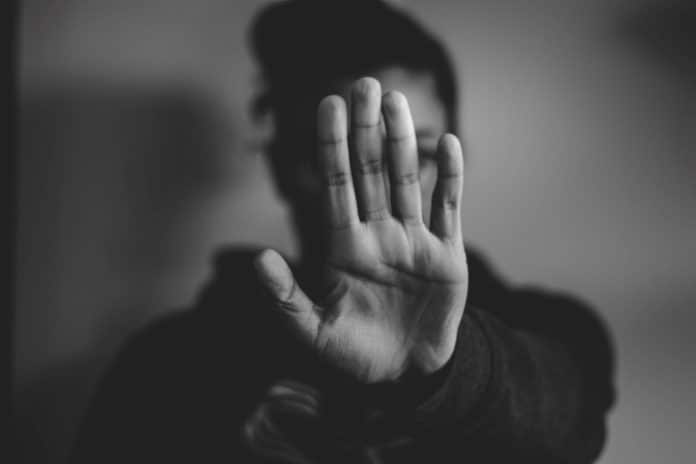The coronavirus pandemic has highlighted the power of the global community in responding to a life-threatening humanitarian issue. Yet for many activists campaigning to end female genital mutilation (FGM), the global community remains silent. Statistically, every 11 seconds a girl is subjected to FGM, leading activist Dr Leyla Hussein to ask; “why are we not outraged”?
Sunday, 6 February, is recognised by the United Nations as the International Day of Zero Tolerance to Female Genital Mutilation. The theme this year is ‘Accelerating Investment to End Female Genital Mutilation’ in a bid to further amplify and promote efforts to eliminate the practice. The World Health Organization estimates over 200 million women and girls have been affected by FGM globally. An additional 4.2 million are at risk of FGM this year, with a majority of young victims under 16 years of age. The United Nations Population Fund (UNFPA) reported progress has been made to prevent and support women and girls around the world. Girls are a third less likely to undergo FGM compared to 30 years ago. However, the UNFPA have called on governments, policymakers, and civil society organisations to increase the urgency of their activities in order to reach the Sustainable Development Goal target of zero incidences by 2030.

Support, protect, empower
One such organisation to answer this call is The Dahlia Project run by the Manor Gardens Welfare Trust in North London. They campaign to end all forms of FGM, while supporting individuals and societies affected by FGM, and empowering communities to lead change. While FGM is illegal in the United Kingdom, girls born in the country or living abroad may be at risk when they travel to countries where the practice is common. It is estimated around 137,000 women and girls have undergone FGM in the UK, while some 60,000 girls under 15 years of age are at risk. There is no medical justification or health benefits to FGM practices. In recent years, survivors from around the world have shared the long term detrimental consequences of FGM on their physical, psychological, and sexual health.

An important voice
The Dahlia Project offers a safe space for survivors of FGM to talk about their experiences, offering vital therapeutic support and counselling services amidst cultural and religious sensitivities. These services are often the first opportunity women have to openly discuss the impact of FGM on their physical and mental health. The team run monthly empowerment groups where women can communicate and share with their peers. They provide training to therapists and frontline workers to support and safeguard women and girls who might be affected by FGM. They also deliver workshops to encourage dialogue and debate on the health consequences of FGM, as well as child protection and wellbeing issues for practising communities. In addition to their community engagement and empowerment role, The Dahlia Project is an important voice for the elimination of FGM. They aim to share best practice across a range of services and sectors to raise awareness, influence policy, and lead change in the UK and abroad. They have now expanded their work to Kenya, where they will facilitate dialogue between the government, media, policymakers and grassroots organisations to help fund and support the existing movement to end FGM.

The power of language
The Dahlia Project’s lead campaigner, and advisor to the UK government on FGM, Dr Leyla Hussein OBE, reflects positively on the changes in language and attitudes in the UK towards FGM. For Dr Hussein, a great sign of progress has been the “consensus of agreement now that FGM is a form of violence, not a cultural practice but a form of sexual assault”. However, she describes the coronavirus pandemic as having “a terrible effect” on efforts to end FGM, leaving millions of women and girls vulnerable particularly in Africa. The organisation remains committed to adapting their services, with Dr Hussein emphasising “ongoing funding and continued investment is critical to support the emotional, physical, and mental health of women and girls effected by FGM”.

Reclaiming power and agency
Currently, the UK government is the largest donor of funding to end FGM globally. In Africa, where girls are statistically the most vulnerable in the world to FGM, Dr Hussein hopes other governments and donors will see the commitment of the UK government to engage communities through a shared commonality of protecting children. “The next step is investment” she explains, “fundraising for grassroots organisations in Africa will empower girls to reclaim their agency over their bodies”.
For The Dahlia Project, and similar organisations worldwide, Sunday 6 February is an opportunity for people to recognise FGM for the violence that it is. In turn, this can lead to the empowerment of women, girls, and grassroots organisations, which combined with better investment, can ensure women and girls have access to long term support and break the cycle of FGM.
Additional Links:
For more information on The Dahlia Project, visit https://www.dahliaproject.org.




